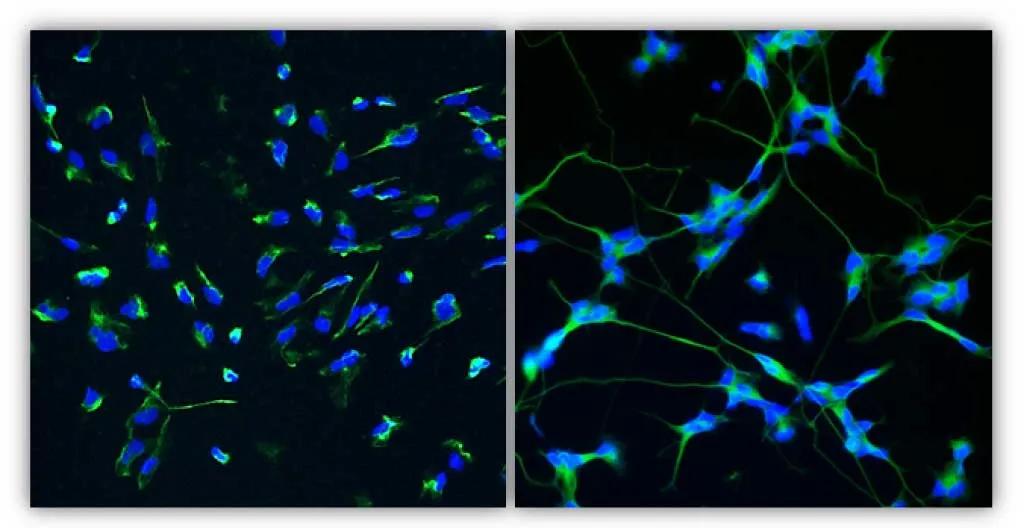Ageing in the Human Brain: A Focus on Neuroprotection and Healthy Ageing
Ageing is a universal biological process often associated with gradual deterioration in physiological and biochemical functions, including progressive cognitive decline. Ageing also presents a major risk factor for most neurodegenerative diseases, including Alzheimer’s disease (AD) and Parkinson’s Disease (PD).
According to a 2015 United Nations report on worldwide population ageing, the number of people aged 60 and above is projected to double in the next 35 years globally where most of this growth will come from developing regions of the world. At present, it is estimated that the Malaysians aged over 65 years and above stands at 7% of the total population. The Department of Statistics Malaysia (DOSM) estimated that the elderly population is expected to reach 5.8 million in 2030, making up about 15% of the total population.
Unavoidably, Malaysia is going to experience a growth in the size and proportion of older population in time to come. Population ageing is a global trend which bears economic and social-political consequences and implications. With the rise in life expectancy, the majority of the older people are also affected by multiple morbidities, having more than one disease at the same time. Accumulation of multiple age-associated diseases and loss-of-functions can result in disability and frailty, eventually contributing to the increased national healthcare costs and poorer quality of life.
During ageing, the brain function gradually declines leading to memory and learning impairment, and loss of motor coordination. Indeed, these age-associated cognitive deficits correlate with structural changes in the brain, including shrinkage in the temporal and frontal lobes, neuronal loss and synaptic changes. Therefore, brain atrophy, loss of neuronal function and synaptic connectivity during ageing may anticipate risks of developing dementia and late onset neurodegenerative diseases.
With progressive atrophic changes in the ageing brain, many biological events are also involved in promoting degeneration or loss of neuronal cells, such as oxidative stress, neuroinflammation, mitochondrial impairment, accumulation of aggregated protein and activation of apoptotic pathways. Research from both animal and human studies have also established these events as pathological hallmarks of neurodegenerative diseases.
Unfortunately, the current treatment and management of neurodegenerative diseases such as Alzheimer’s disease and Parkinson’s Disease have only provided symptomatic treatments, despite the side effects associated with long-term treatment. To date, there is still no effective treatment to cure both Alzheimer’s and Parkinson’s, as well as to stop the increase in prevalence worldwide. Therefore, current research efforts worldwide have led to the investigation of potential non-pharmacological and novel therapeutic strategies for these two diseases.
At Sunway University, the author and students are working on human cellular models such as stem cells and neuronal cells to further understand biological events contributing to neurodegeneration when exposed to toxic compounds for experimental modelling of neurodegenerative diseases. Building on these platforms, the author was interested to further explore various pharmacological compounds and natural products that could protect neuronal cells from death and degeneration, as means to develop alternative therapeutic strategies for potential Alzheimer’s and Parkinson’s treatment.
The previous study on Lignosus rhinocerus extracts (also known as Tiger Milk Mushroom in Malaysia) have shown potential protection against stress-induced cell death, utilising the human stem-cell derived neuronal cells. Interestingly, other research has also identified plant-based natural products such as polyphenols as potential antioxidants and alternatives for treatment of neurodegenerative diseases.
Therefore, this had led to the immense interest to delve into plant extracts and natural products available from the vast diverse resources in Malaysia and to explore their neuroprotective activities. Furthermore, addressing biological events, particularly targeting oxidative stress and inflammation in neuronal cells with the use of plant extracts and pharmacological compounds could potentially protect the brain against degeneration and/or delay the ageing process in the brain, ultimately leading to a slower reduction in cognitive decline.
The team worked alongside colleagues from the Department of Psychology to identify biological and neurological markers of ageing from human subjects and develop interventions for the elderly population to promote healthy ageing within our community. This is in line with the United Nation Decade of Healthy Ageing (2020-2030) efforts to promote action globally to combat ageism and improve the lives of the older people today and future generations.
Associate Professor Dr Audrey Lim Wei Ling
School of Medical and Life Sciences
Email: [email protected]




